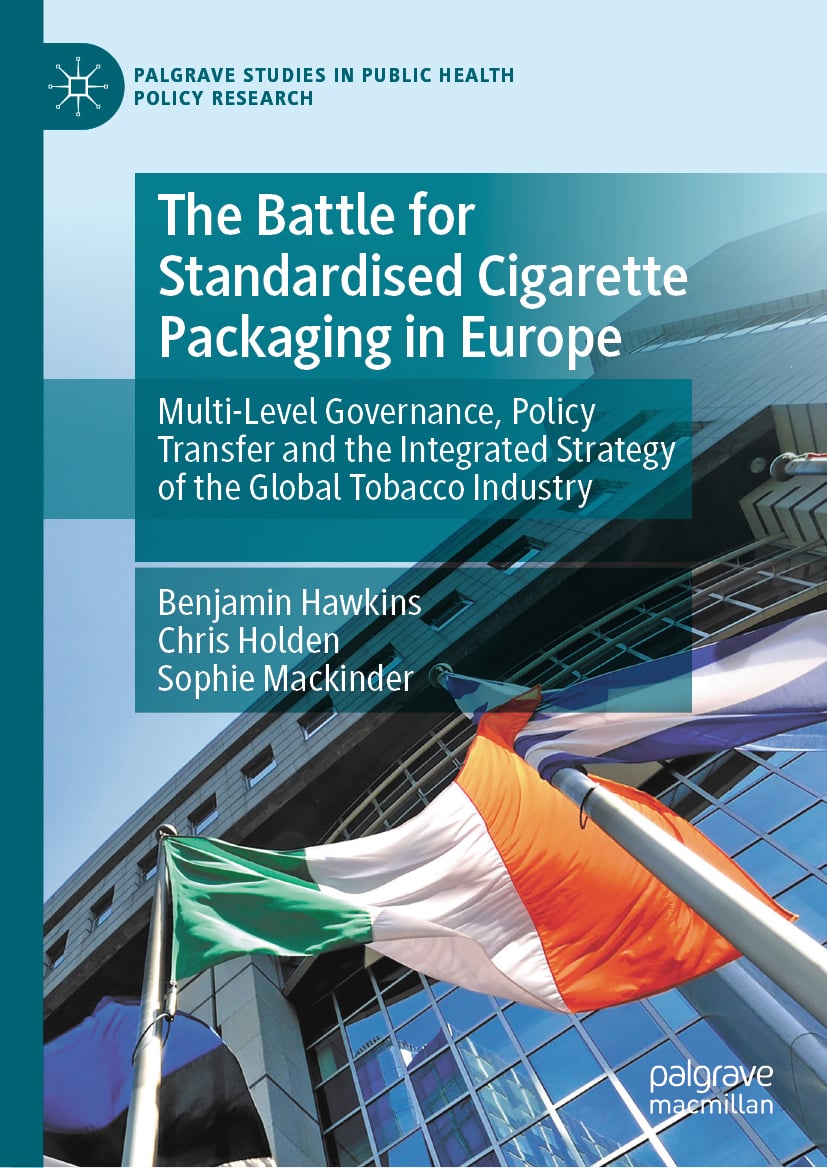The Battle for Standardised Cigarette Packaging in Europe
by Benjamin Hawkins
2020-04-19 23:44:10
The Battle for Standardised Cigarette Packaging in Europe
by Benjamin Hawkins
2020-04-19 23:44:10
"This book is essential reading for researchers of tobacco policy change. Too many studies simply complain that change is too slow because tobacco companies are too powerful and politicians lack the will to challenge them. This book goes much further...
Read more
"This book is essential reading for researchers of tobacco policy change. Too many studies simply complain that change is too slow because tobacco companies are too powerful and politicians lack the will to challenge them. This book goes much further, to help us understand not just industry strategy but the policy processes in which policy advocates engage, learn from each other, and help create essential global tobacco policy change." Paul Cairney, University of Stirling, UK "This book is rare in making genuinely significant contributions across both public health and policy studies. By focusing on the battle for standardised packs, it engagingly addresses one of the most prominent recent innovations in health policy that has relevance both beyond Europe and across multiple spheres of health policy. In doing so, it also offers an innovative analysis of the role of transnational corporations in policy transfer." Jeff Collin, University of Edinburgh, UK This book analyses the battle for standardised cigarette packaging (‘plain packaging’) in Europe, drawing on the concepts of multi-level governance and policy transfer. It analyses the strategies of policy makers, non-governmental organisations and transnational tobacco companies in attempting either to advance or to block the introduction of standardised packaging. Taking a global and multi-level approach, it analyses these struggles within European Union institutions, EU member states, and across jurisdictions, as NGOs and tobacco companies worked transnationally to counter each other. As well as presenting original empirical research detailing these policy battles, the book provides new theoretical insights into policy transfer processes, particularly within multi-level polities, showing how transnational corporations can have dramatic effects on these processes. The book will appeal equally to public health researchers, policy analysts and political scientists.
Less











.jpg)



















